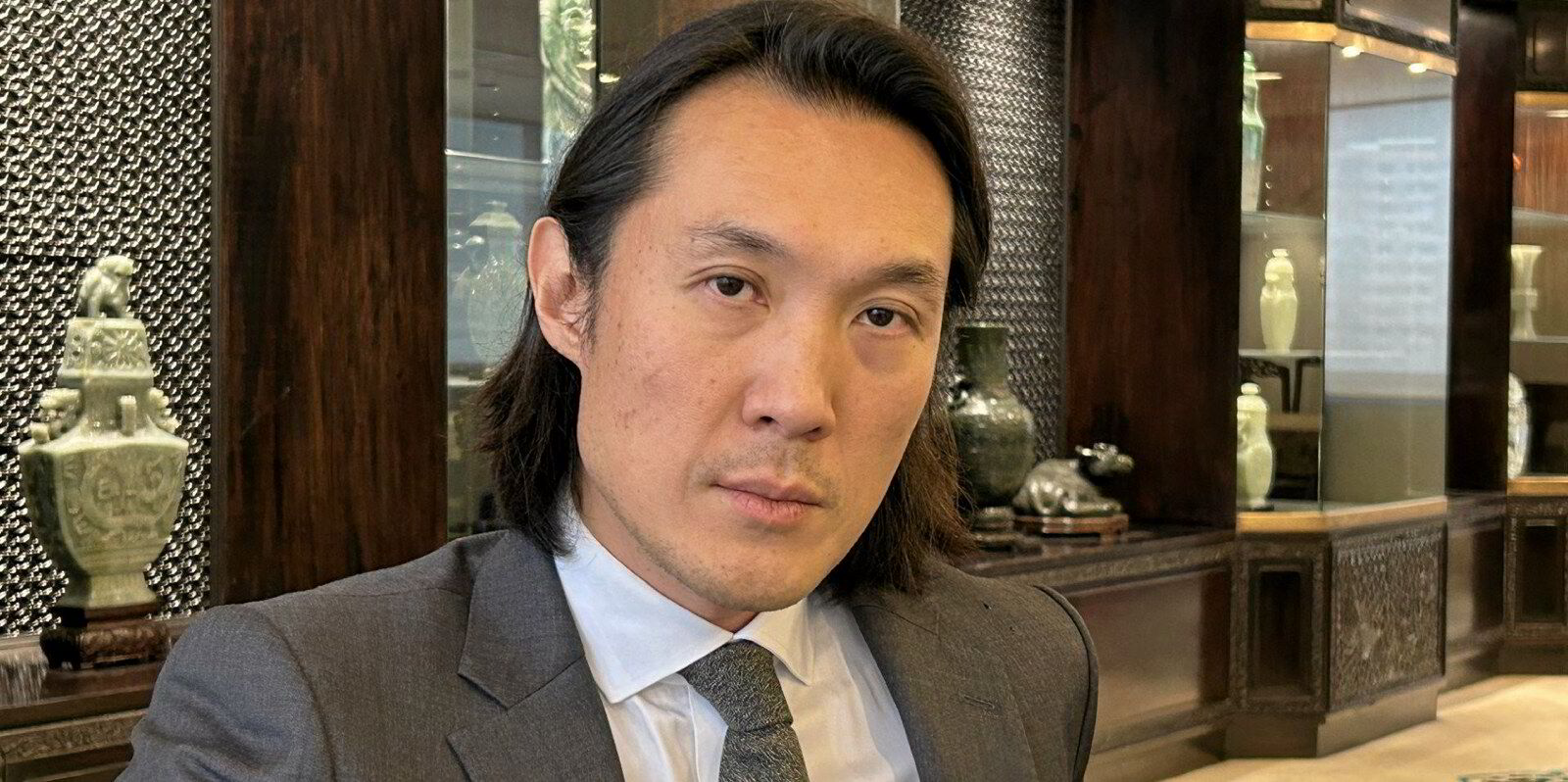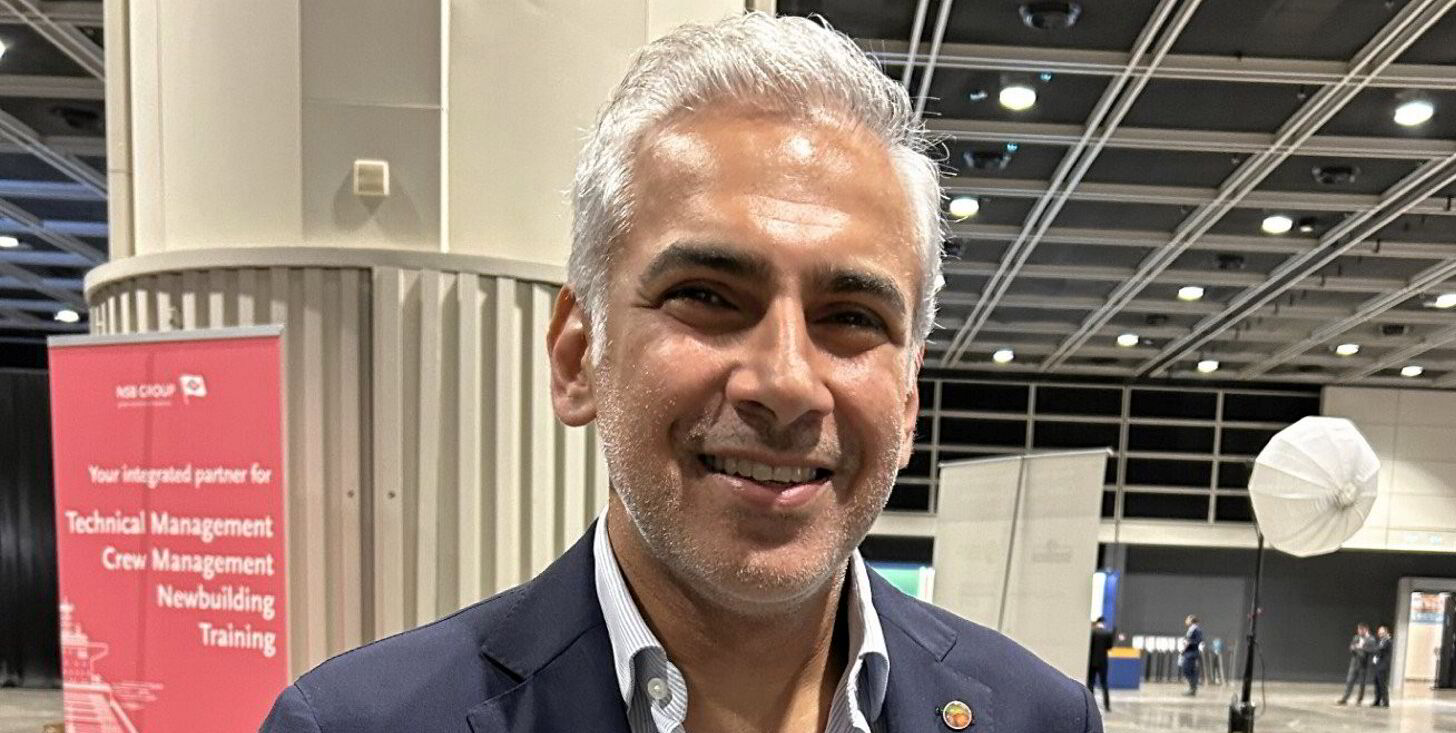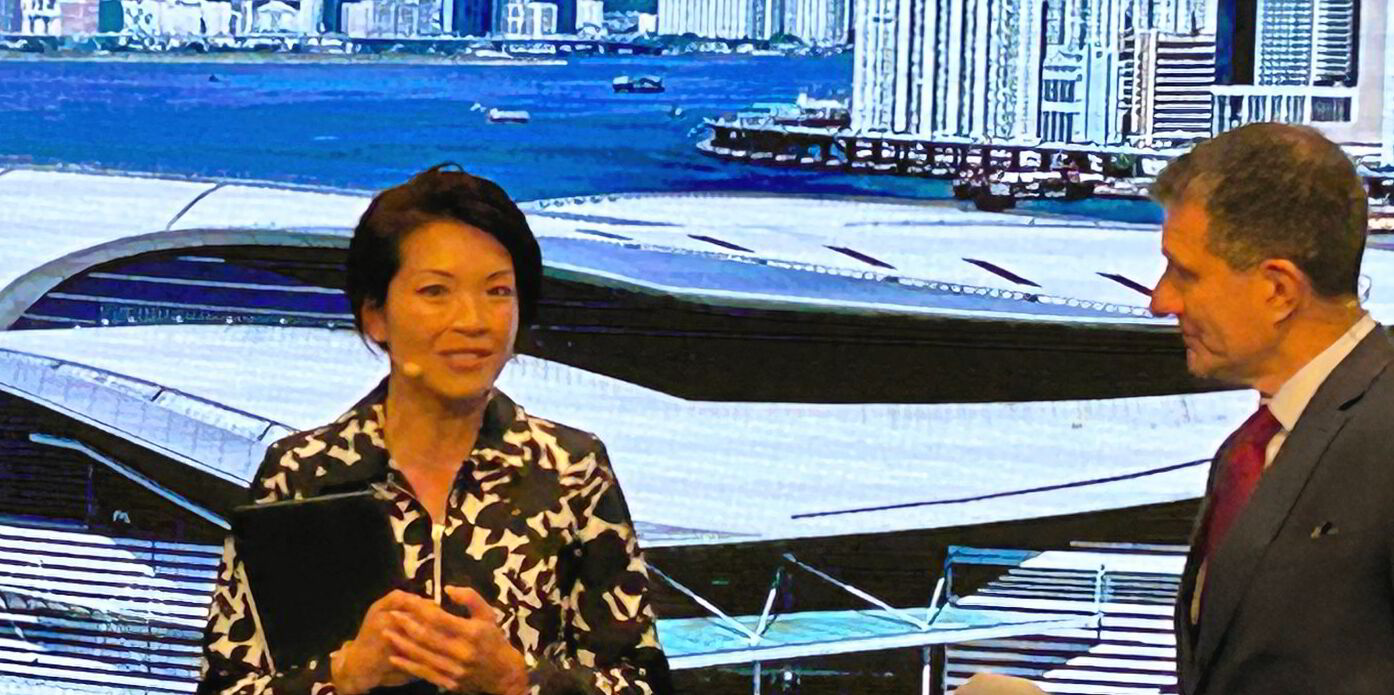Last week, I returned to Hong Kong after more than three decades away. So what has changed?
Well superficially, not much.
Some of the buildings are taller, the harbour is smaller, and on the surface, everything feels the same. There’s still a buzz.
Dig a little deeper, however, and it’s clear that everything has changed.
Pick up a copy of the South China Morning Post — where I used to work — and you discover the news has become lamer, tamer and more China-friendly
That’s probably no surprise.
Keeping your head down is the price to pay for the right to practice shipping business in Hong Kong.
And plenty of people do.
Old China hands
Thirty years ago, many shipowning families were looking to secure second passports to parachute them to places like Vancouver and Singapore ahead of the handover to China.
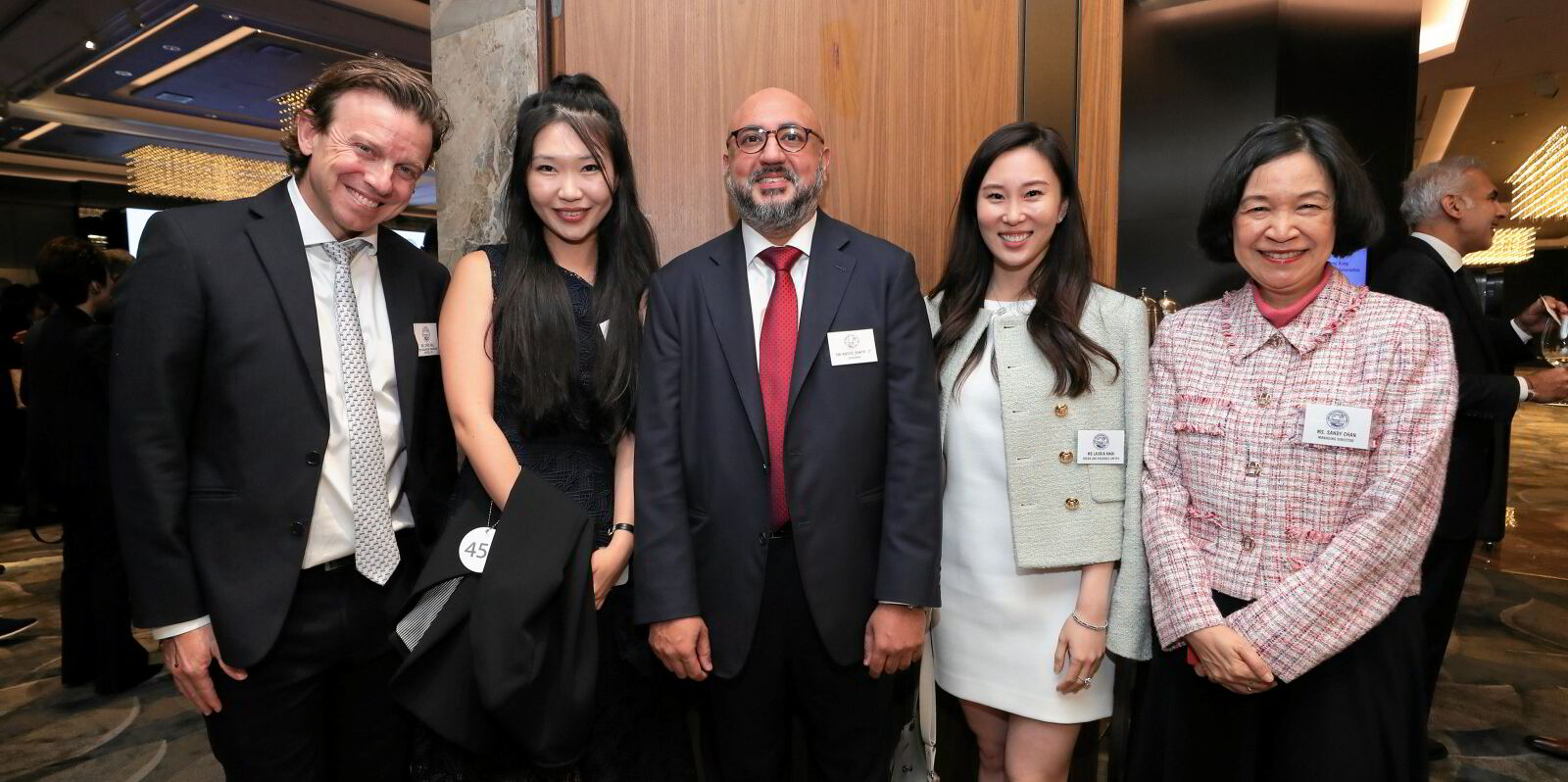
While some of the big shipping names have gone, it is gratifying that the sons or daughters of shipowners that I would have spoken to three decades ago choose to remain.
That includes Angad Banga, son of Caravel Group chairman Harry and chairman of the Hong Kong Shipowners Association (HKSOA).
Or Wellington Koo of Valles Steamship — following in his father David’s footsteps, who held a similar role back in the 1990s.
And that is before any mention of the seasoned China experts who seem firmly settled here for life.
While in Hong Kong, I traipsed up to the Foreign Correspondents Club, despite my lapsed membership.
There, I was not surprised to find Tim Huxley — who besides chairman of Mandarin Shipping is also the club’s vice president.
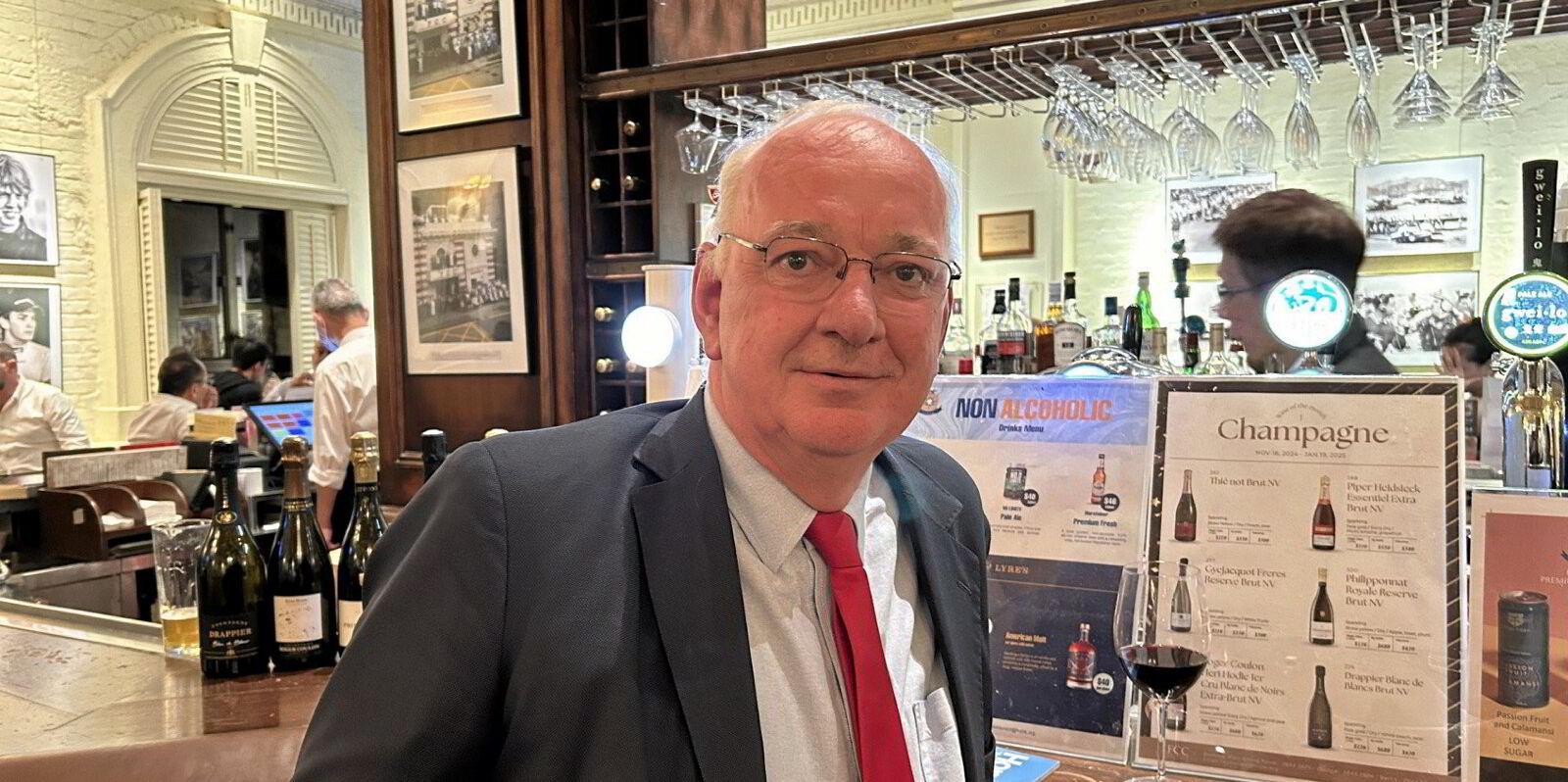
The former shipbroker has become a bastion of both Hong Kong journalism — motor racing, apparently — as well as the shipping industry.
I could go on and name others, but it’s enough to point out that the fact Hong Kong shipping families are still thriving gives me heart. I love this place, it’s unique, despite the challenges.
And shipping folk here are confident it will continue to thrive.
Hong Kong is establishing itself as a green fuel hub and a maritime arbitration centre, while its flag ranks as the fourth largest globally.
And the tax concession scheme for shipowners is lenient: “Think of a number and halve it,” said one commentator.
There are, however, differences over how to take the shipping sector forward.
Probably one of the most eloquent proponents of the Hong Kong shipping scene is Wah Kwong Shipping executive chairman Hing Chao.
In October, he helped set up a second shipping association, the Hong Kong Chamber of Shipping.
The HKSOA has welcomed the move — it probably couldn’t do any other — but whether two shipping associations are needed might be a question for debate.
Chao says the new chamber targets a wider grouping of shipping stakeholders and incorporates shipping regions of China.
He is optimistic about Chinese companies that have established a presence in Hong Kong in recent years, including PetroChina, C-LNG and several leasing firms now authorised to operate from the territory.
Did you say democracy?
All of this is overwhelmingly positive, and I’m aware that people will only tell me what they want me to hear.
What worries me is what people in Hong Kong don’t tell you — not that I blame them when saying the wrong thing will land you in jail.
The Hong Kong Maritime Week had barely kicked off when, just a few miles away, a court sentenced dozens of pro-democracy leaders — the Hong Kong 47 — to years in jail for subversion.
Raising such topics on the cocktail circuit seems to make people awkward.
Some deflected the criticism and questioned whether Hong Kong is really any different from regimes in rival shipping centres such as Singapore.
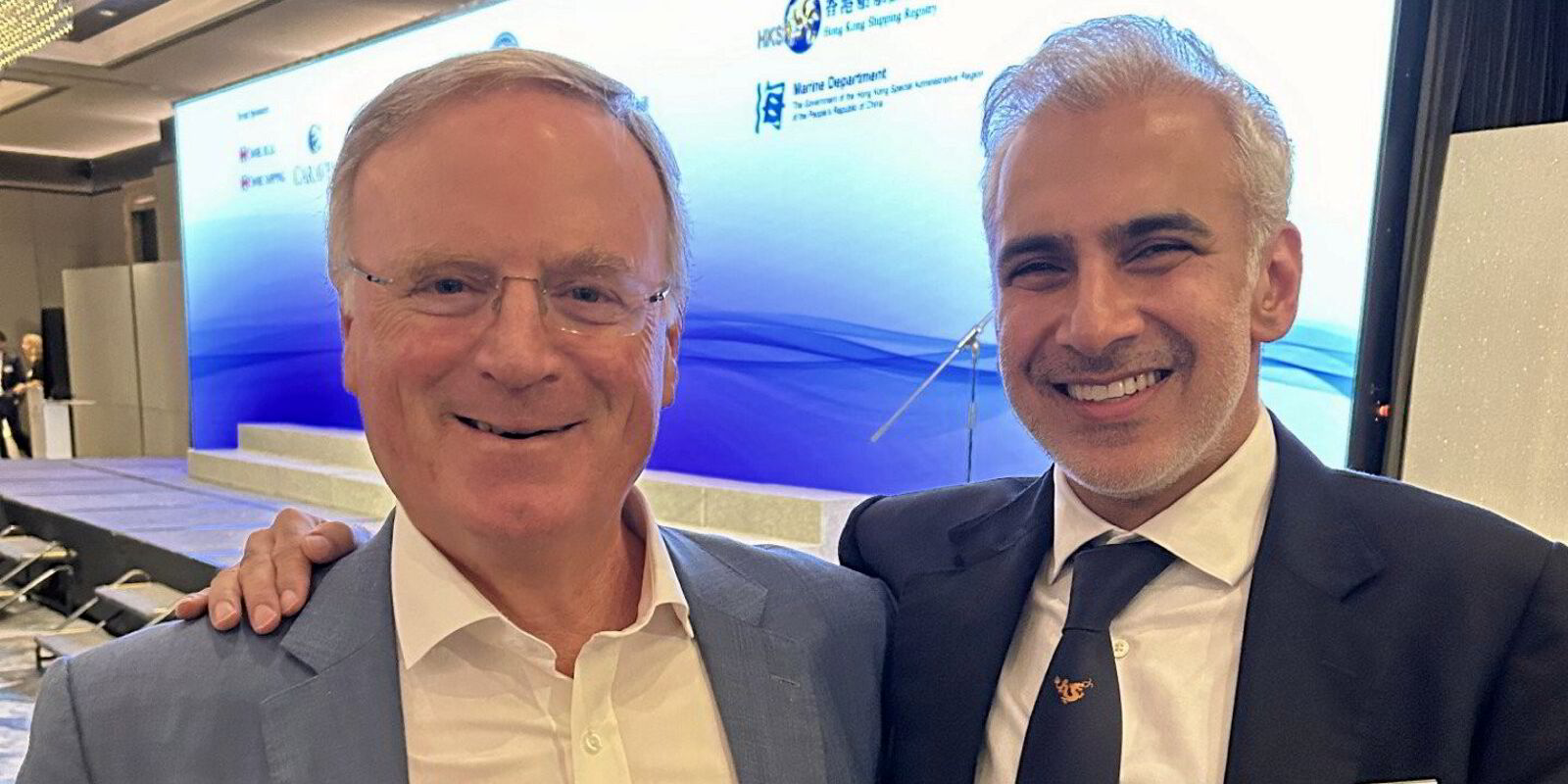
They have a point: working on the South China Morning Post under Rupert Murdoch’s News Corporation ownership was far from perfect.
But things seem to have gone downhill since it was taken over by the Alibaba Group, the Chinese technology and retail giant.
Probably none of that matters because there are bigger issues for Hong Kong shipowners to worry about.
US president-elect Trump’s threat of imposing massive tariffs, for instance, is an immediate threat to prosperity.
